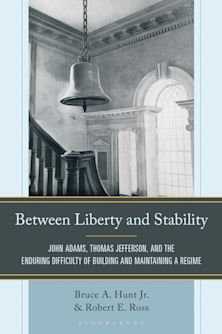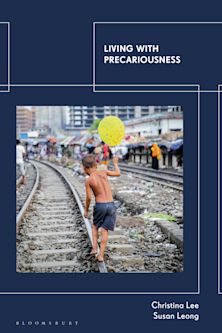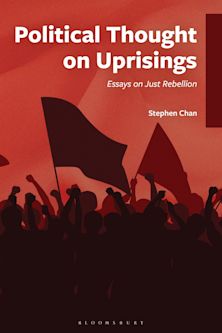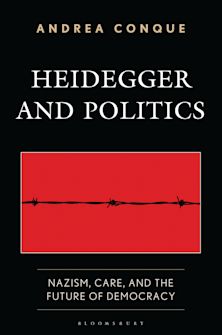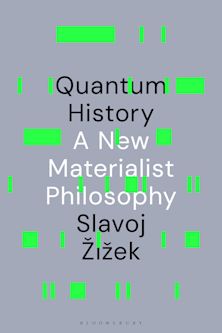Judgment, Imagination, and Politics
Themes from Kant and Arendt
Jennifer Nedelsky (Anthology Editor) , Ronald Beiner (Contributor) , Hannah Arendt (Contributor) , Stanley Cavell (Contributor) , Charles Larmore (Contributor) , Onora O'Neill (Contributor) ,
- Textbook
Judgment, Imagination, and Politics
Themes from Kant and Arendt
Jennifer Nedelsky (Anthology Editor) , Ronald Beiner (Contributor) , Hannah Arendt (Contributor) , Stanley Cavell (Contributor) , Charles Larmore (Contributor) , Onora O'Neill (Contributor) ,
- Textbook
This product is usually dispatched within 3 days
- Delivery and returns info
-
Free CA delivery on orders $40 or over
Description
Judgment, Imagination, and Politics brings together for the first time leading essays on the nature of judgment. Drawing from themes in Kant's Critique of Judgment and Hannah Arendt's discussion of judgment from Lectures on Kant's Political Philosophy, these essays deal with: the role of imagination in judgment; judgment as a distinct human faculty; the nature of judgment in law and politics; and the many puzzles that arise from the "enlarged mentality," the capacity to consider the perspectives of others that aren't in Kant treated as essential to judgment.
Table of Contents
Part 2 The Problem of Judgment in Recent Moral and Political Philosophy
Chapter 3 The Crisis in Culture: Its Social and Its Political Significance
Chapter 4 Aesthetic Problems of Modern Philosophy
Chapter 5 Moral Judgment
Chapter 6 The Public Use of Reason
Part 7 Autour de Hannah Arendt: Debates in Contemporary Political Theory Concerning the Arendtian Theme of Judging
Chapter 8 Rereading Hannah Arendt's Kant Lectures
Chapter 9 Judgment, Diversity, and Relational Autonomy
Chapter 10 The Judgment of Arendt
Chapter 11 Judging Human Action: Arendt's Appropriation of Kant
Chapter 12 Hannah Arendt on Judgment: The Unwritten Doctrine of Reason
Chapter 13 Judgment and the Moral Foundations of Politics in Hannah Arendt's Thought
Chapter 14 Asymmetrical Reciprocity: On Moral Respect, Wonder, and Enlarged Thought
Chapter 15 Embodied Diversity and the Challenges to Law
Chapter 16 When Actor and Spectator Meet in the Courtroom: Reflections on Hannah Arendt's Concept of Judgment
Chapter 17 Hannah Arendt: Modernity, Alienation, and Critique
Product details
| Published | Jul 20 2001 |
|---|---|
| Format | Paperback |
| Edition | 1st |
| Extent | 352 |
| ISBN | 9780847699711 |
| Imprint | Rowman & Littlefield Publishers |
| Dimensions | 230 x 146 mm |
| Publisher | Bloomsbury Publishing |













